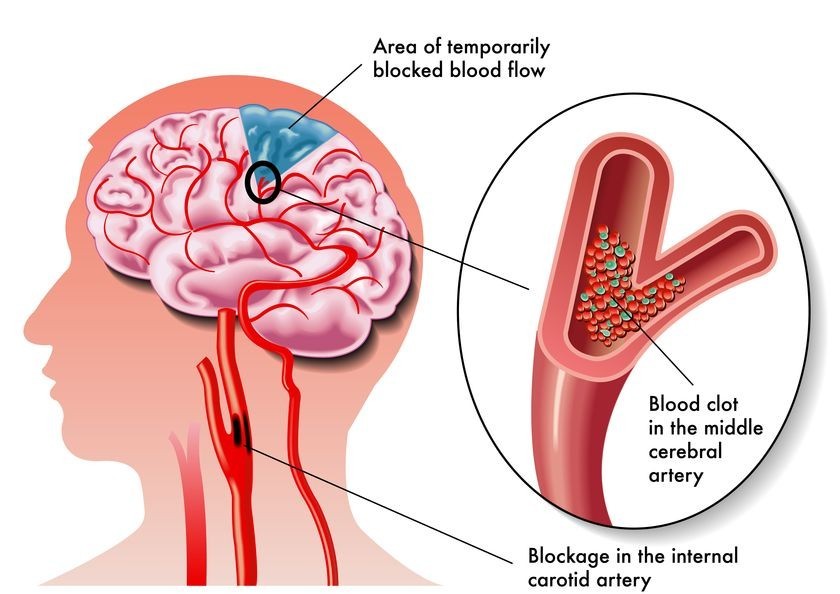
Understanding Stroke and Acting Quickly: BE FAST on Stroke Day
As we observe Stroke Day on October 29th, it’s essential to raise awareness about recognizing and responding to stroke symptoms early. But first, what exactly is a stroke?
In simple terms, a stroke happens when blood flow to a part of the brain is interrupted, either by a blockage or bleeding. Without a steady supply of oxygen-rich blood, brain cells in the affected area begin to die, which can lead to lasting brain damage, affecting movement, speech, or memory. Because the brain controls so many functions, each second counts in getting the right help.
To make recognizing the warning signs easier, we use the acronym BE FAST:
- B – Balance: Sudden dizziness, loss of coordination, or difficulty standing without support can indicate a stroke.
- E – Eyes: Blurred or double vision, or a sudden loss of vision in one or both eyes, is a warning sign that needs immediate attention.
- F – Face: A noticeable droop or asymmetry in the face, such as one side sagging or weakness in facial muscles, is a potential symptom.
- A – Arms: If one arm suddenly feels weak or numb, especially if it can’t be raised, it might be a sign of stroke.
- S – Speech: Slurred or garbled speech, or an inability to speak or understand language, could indicate a stroke.
- T – Time: Time is critical. If any of these signs are present, it’s essential to seek medical help immediately.
Recognizing these symptoms and acting fast is crucial because every minute without oxygenated blood increases the risk of irreversible brain damage. If someone exhibits even one of these symptoms, they should be taken to a medical facility right away—each minute counts.
The Rising Incidence of Stroke in Younger Adults
Though stroke is often thought of as an issue affecting older adults, we are seeing a concerning rise in cases among individuals aged 25-40. Modern lifestyle factors contribute significantly to this trend. Unhealthy diets high in fats and sugars, insufficient physical activity, excessive stress, smoking, and alcohol use can all increase stroke risk in younger people.
Preventative Health Measures
The good news is that lifestyle changes can help mitigate these risks. Here are some essential recommendations:
- Adopt a balanced, heart-healthy diet: Aim for a low-fat, high-protein diet, rich in whole grains, vegetables, and lean protein sources. Limit processed foods that contribute to high cholesterol.
- Stay physically active: Regular exercise, even a simple routine of daily walks, helps maintain cardiovascular health.
- Prioritize sleep: Seven hours of quality sleep each night is essential for brain and body recovery.
- Avoid smoking and limit alcohol: Smoking and excessive drinking are two significant risk factors for stroke and heart disease.
- Regular health checks: It’s advisable to get a lipid profile test and monitor blood pressure every six months. These tests help catch early warning signs of conditions that increase stroke risk, such as hypertension and high cholesterol.
Preventive care, lifestyle improvements, and awareness of symptoms make a powerful combination in reducing stroke risks. On this Stroke Day, let’s all commit to being proactive for our health and supporting those at risk.
#worldstrokeday #StrokeAwareness #ActFAST #PreventStroke #StayHealthy #HealthFirst #StrokePrevention #VivaanSpecialtyClinic


